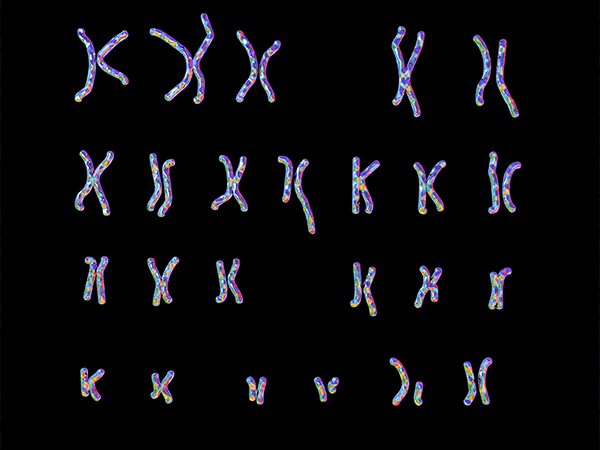A Newly Approved Treatment for Childhood Blood Cancer
A targeted therapy previously approved for adults is now available for certain pediatric patients with blood cancer.
The U.S. Food and Drug Administration (FDA) has approved bosutinib (Bosulif) for pediatric patients who are at least one year of age and have newly diagnosed or treatment-resistant/treatment-intolerant chronic phase chronic myelogenous leukemia (CML) that harbors the Philadelphia chromosome mutation (Ph).
The FDA also approved a new capsule dosage form for this patient population. Bosutinib was previously approved to treat certain adult patients with Ph-positive CML.

Bosutinib is a targeted therapy that inhibits the BCR-ABL protein that is expressed in cells harboring the Ph mutation. The BCR-ABL protein drives cancer by promoting unregulated cell replication. By inhibiting BCR-ABL, bosutinib prevents cancer growth and spread.
The approval was based on results from the international, multicenter, single-arm, open-label BCHILD phase I/II clinical trial, which enrolled 49 pediatric patients with Ph-positive CML (21 cases were newly diagnosed, and 28 were resistant or intolerant to prior lines of therapy).
The trial measured cytogenetic response, which is a reduction in the number of Ph-positive cancer cells in the blood, and molecular response, which is a reduction in the amount of BCR-ABL genetic material in the blood. In this trial, a major cytogenetic response (MCyR) was defined as a 1% or greater reduction, and a complete cytogenic response (CCyR) was defined as a greater than 99% reduction of Ph-positive CML cells. A major molecular response (MMR) means the level of BCR-ABL genetic material was very low relative to the expression of the unmutated ABL gene.
After a median 14.2 months of follow-up, 76.2% of patients with newly diagnosed CML experienced an MCyR, 71.4% experienced a CCyR, and 28.6% experienced an MMR.
For patients with treatment-resistant or treatment-intolerant CML, 82.1%, 78.6%, and 50% experienced an MCyR, CCyR, and MMR, respectively, after a median follow-up of 23.2 months.
CML is a type of blood cancer characterized by the overgrowth of certain blood cells. Fewer than 10% of CML cases are diagnosed in children, and CML accounts for 2-4% of all childhood cancers. Chronic phase CML means that fewer than 10% of cells in the blood or bone marrow are CML cells. Most cases of CML are driven by Ph, which is a genetic mutation caused by the fusion of fragments from the BCR and ABL genes. Ph leads to the production of the cancer-driving BCR-ABL fusion protein.
The FDA rendered its decision on September 26, 2023.
